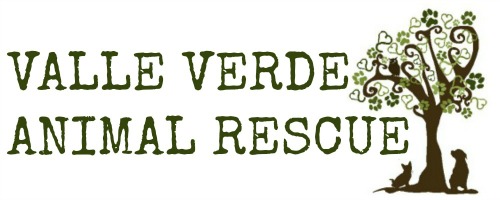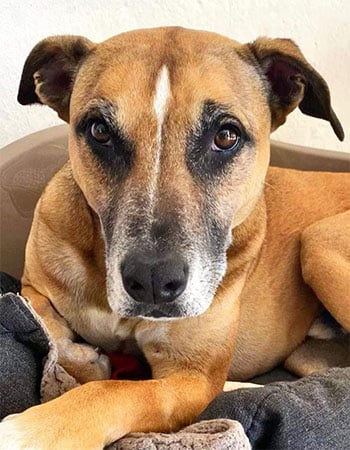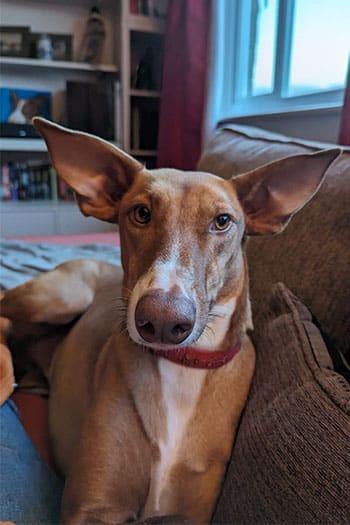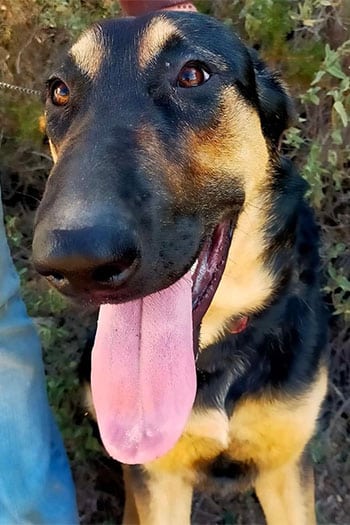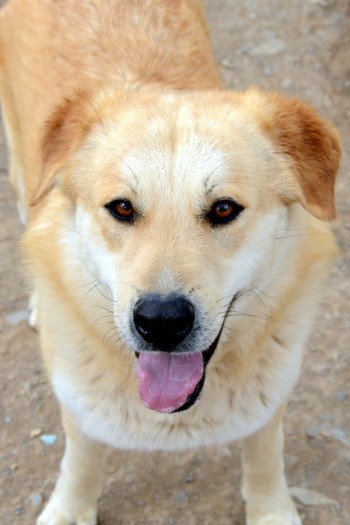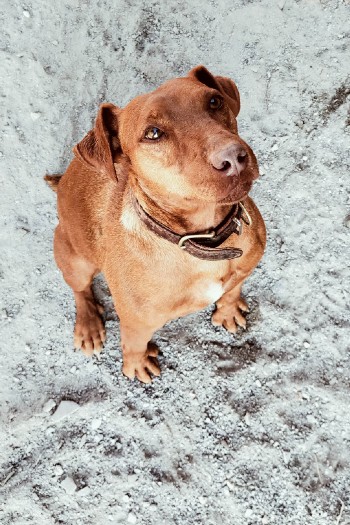Cats are obligatory carnivores and are very different from humans and dogs in their dietary requirements. It is essential to remember that cats are not little dogs! They are very inflexible about what food they need to remain healthy.

Cats and carbs don’t mix!
There are many different types of cat food on the market now, often with labels such as ‘gourmet’, ‘premium’ etc that are generally just a marketing tool. Additionally it can make a difference whether you choose dry or wet food. The downside to dry food is that it contains a significant amount of carbohydrates, which are detrimental to a cats health. Cats need a high protein, high fat content, as in ‘ whole mouse’.
Cats and Carbs don’t mix!
Cats don’t have the enzymes required to digest carbohydrates. The only carbs that a cat would eat in the wild are those found in the stomachs of their prey. If your cat eats carbs on a regular basis then there is an increased likelihood of your pet developing diabetes.
The best diet for your cat is a balanced homemade raw diet, however the worst diet for your cat is an unbalanced homemade raw diet. So, if you decide that you want to feed your cat a raw diet, it may be best to start off with a commercial brand of raw food, until you can familiarise yourself with the nutritional requirements necessary. Many owners think that giving their cat some raw chicken and some veggies, or some fish is sufficient, sadly although well meaning, a cat will be missing out on some vital nutrients, that can cause long term damage.
Commercial Raw foods are nutritionally balanced and will contain adequate levels of calcium, trace minerals and omega fatty acids, that are often missing in homemade diets.
If you want to learn more about homemade raw diets for your cats (and dogs as well) check out – Dr Becker’s Real Food for Healthy Dogs and Cats Cookbook. It has great recipes as well as explaining just what your cat needs to be healthy.
If you think that making your own raw pet food it just too difficult, and time consuming. Then buy the best highest quality canned food you can afford. All dry food just contains too many carbohydrates. Surprisingly the semi moist pouched food, contains propylene glycol – a close relative of ‘anti-freeze’ – in order to keep the food moist. Although approved for use in pet food, it’s not recommended by vets.
By Sue Rodgers for Valle Verde Animal Rescue
This article was originally published in the Sentinella May 2016
Next Month: Keeping your pets healthy in the summer heat
